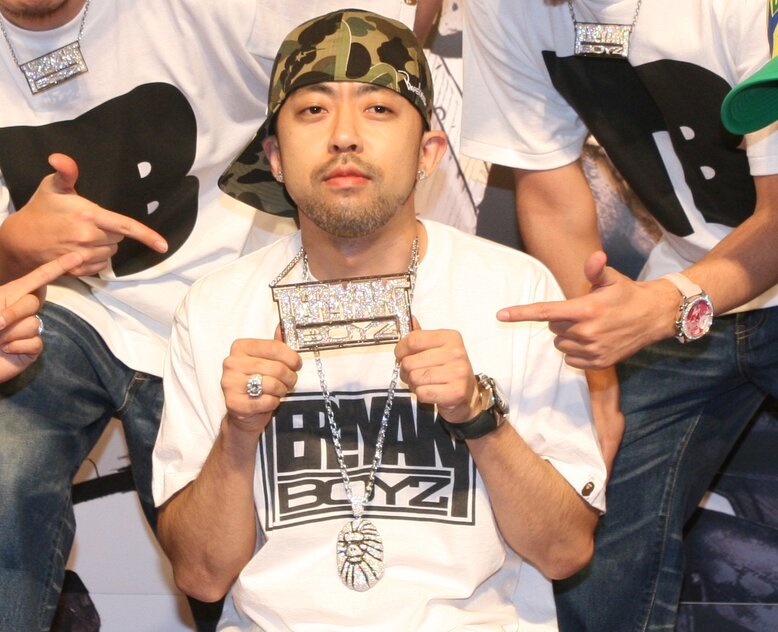
(Photo from: I, Sry8 / CC BY-SA 3.0)

(Photo from: I, Sry8 / CC BY-SA 3.0)
BAPE became well-known for its loud colour schemes and outlandish designs — most notably the shark and tiger hoodies, its prolific usage of camouflage motifs, and of course, the iconic ape head logo. NIGO’s brainchild rapidly grew to prominence, partly due to the prevailing “flex-culture” within streetwear during that time, but also thanks to endorsements from some of the biggest tastemakers in hip-hop, most notably Pharrell Williams, Kanye West, Lil Wayne, and Soulja Boy, boosting its appeal to new heights.

In 2005, NIGO partnered up with his long-time supporter Pharrell Williams to launch Billionaire Boys Club and its sister brand ICECREAM. Pharrell would describe NIGO as “…a sage, an unstoppable force that will always continue to inspire”. But just a few years later in 2011, NIGO would sell 90 per cent of BAPE to Hong Kong clothing conglomerate I.T Limited, before finally leaving the company altogether in 2013.


NIGO continues to defy expectations to this day. He was last seen with Louis Vuitton men’s artistic director Virgil Abloh, who teased an upcoming collaboration with NIGO for a capsule collection called “Louis Vuitton LV²” for the Pre Fall 2020 season.
(Cover photo from: I, Sry8 / CC BY-SA 3.0)
For more about Japanese pop culture, here are some J-pop groups to listen to.